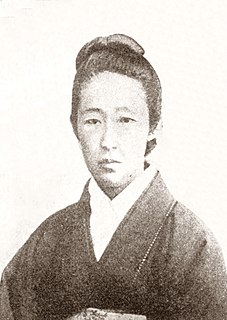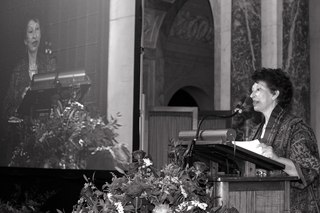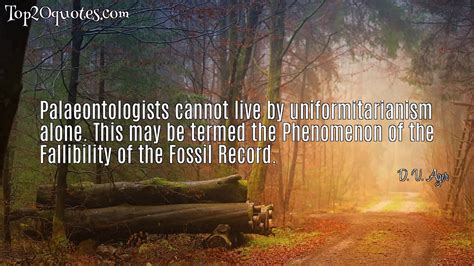Цитата Алана Беннета
История — это комментарий к различным и продолжающимся неспособностям людей. Что такое история? История - это женщины, следующие сзади с ведром.
Темы цитат
Связанные цитаты
Black History наслаждается жизнью наших предков, которые проложили путь каждому афроамериканцу. Независимо от того, какого вы цвета, история негров затронула каждого; Вот почему мы должны лелеять и уважать историю черных. Черная история изменила Америку и продолжает изменять и формировать нашу страну. Черная история о том, как все собираются вместе, чтобы улучшить себя и Америку. Черная история — это чувствовать себя комфортно в собственной коже, независимо от того, какого вы цвета. Черная история заставляет меня гордиться тем, откуда я пришел и куда иду в жизни.
Стыдно, что история женщин целиком посвящена мужчинам — сначала мальчикам, потом другим мальчикам, потом мужчинам, мужчинам, мужчинам. Это напоминает мне о том, как наши школьные учебники истории были посвящены войнам и выборам, одной войне за другой, с унылыми мирными периодами, когда они происходили. (Наши учителя выразили сожаление по этому поводу и добавили дополнительные разделы по социальной истории и протестным движениям, но это по-прежнему было основной идеей книг.)
В предисловии к своей великой «Истории Европы» Х.Э.Л. Фишер писал: «Люди более мудрые и знающие, чем я, разглядели в истории сюжет, ритм, предопределенный образец. Эти гармонии скрыты от меня. следуя за другой, как волна следует за волной…» Мне кажется, что то же самое относится и к гораздо более древней [геологической стратиграфической] истории Европы.





































